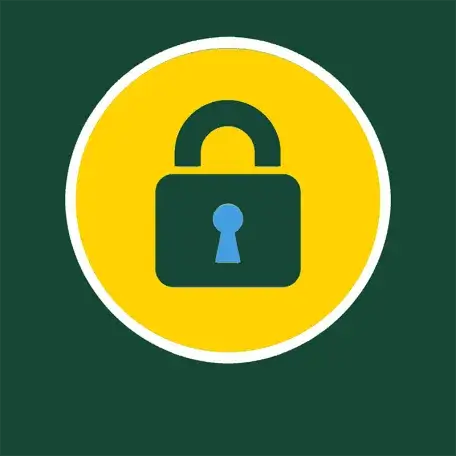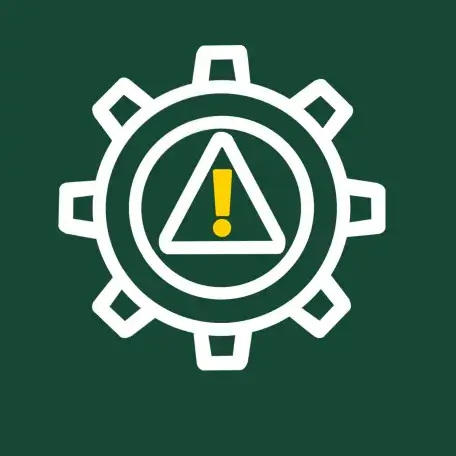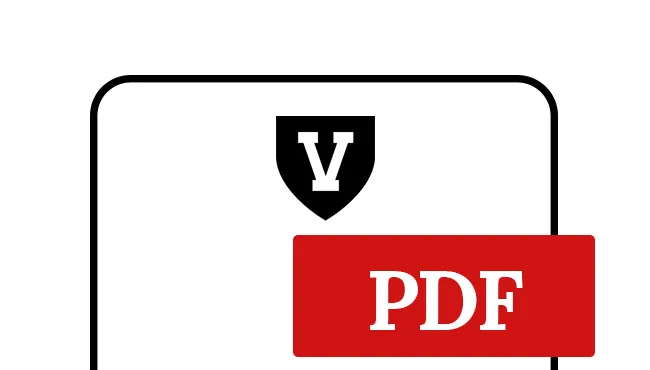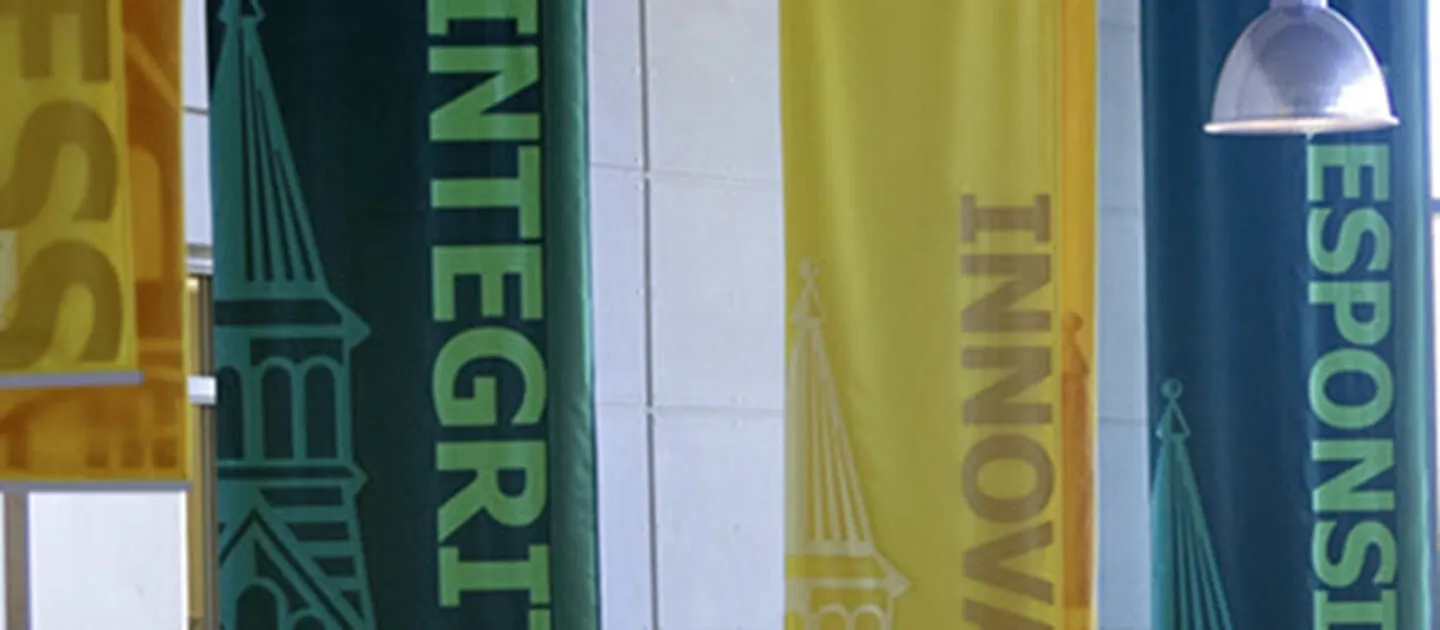Institution-Level Programs Managed by Our Office

Compliance Reporting
Compliance Reporting includes an anonymous option via the Compliance and Ethics Reporting and HelpLine (The HelpLine).
Help Line Compliance reporting options HelpLine FAQMission
To work proactively and collaboratively with members of the University community to promote an institutional culture of compliance and thus prevent and effectively address violations of law, regulation, and University policy and protocols.
Goals and Means
To establish and implement an effective compliance program that monitors, communicates and educates the University community about existing and emerging compliance requirements; raises awareness of the importance of ethics and compliance; coordinates institutional compliance activities; assesses and provides consultation on compliance training initiatives; develops compliance workplans; assesses and reports periodically to senior leadership and the Audit Committee of the Board of Trustees on progress toward compliance goals; and assists in the development of remediation plans as needed.
Roles and Structure
A detailed description of university roles and responsibilities under the Compliance Program (login required)














